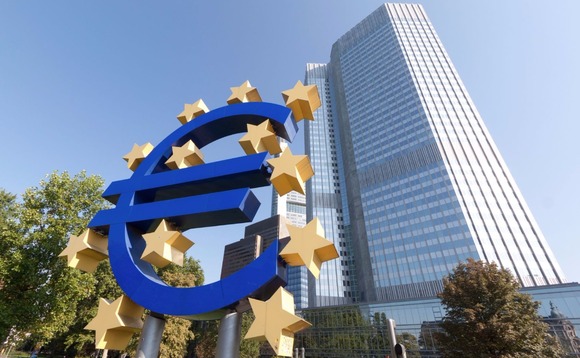Inflation in the eurozone reached 8.1% in May, preliminary figures from Europe's statistics office showed, hitting a new record high for the seventh month in a row as food and energy prices soared.
The inflation rate was up from April's record high of 7.4% and higher than expectations of 7.8%. The core rate, which excludes food and energy prices, also posted an unexpected increase to 4.4% from 3.9%.
It comes after recent inflation data from a number of major European economies surprised to the upside. Preliminary numbers released on Monday revealed that German inflation rose to an annual 8.7% in May, indicating a significant increase from the 7.8% reported in April.
In May, inflation in France rose to a new high of 5.8%, up from 5.4% in April, while harmonised Spanish consumer prices increased by an annual rate of 8.5%, above predictions of 8.1%.
Daniele Antonucci, chief economist and macro strategist at Quintet Private Bank, said: "The newly announced partial ban on Russian oil imports into the EU means that in the near term there is likely some extra inflationary pressure in the pipeline, especially for goods and sectors where energy and food are major inputs, before the situation eases."
UK inflation soars to 9% in April
Earlier this month, European Central Bank president Christine Lagarde said she was anticipating a rate rise at the central bank's meeting in July.
"These numbers can only add to the pressure on the ECB to start tightening policy. Rate hikes are now all but certain in both July and September with the only question being whether the ECB raises rates in 0.25% or 0.5% increments," said Rubert Thomson, investment strategist at Kingswood.
Marc Cogliatti, principal, Global Capital Markets for Validus Risk Management, said: "At this stage, both interest rate expectations and the euro are broadly unchanged, but today's data certainly supports the argument for tighter monetary policy in the second half of this year.
"The market is currently pricing in quarter point hikes for each of July, September, October and December's meetings and suggests that there is plenty of scope for further tightening in the first half of 2023."










